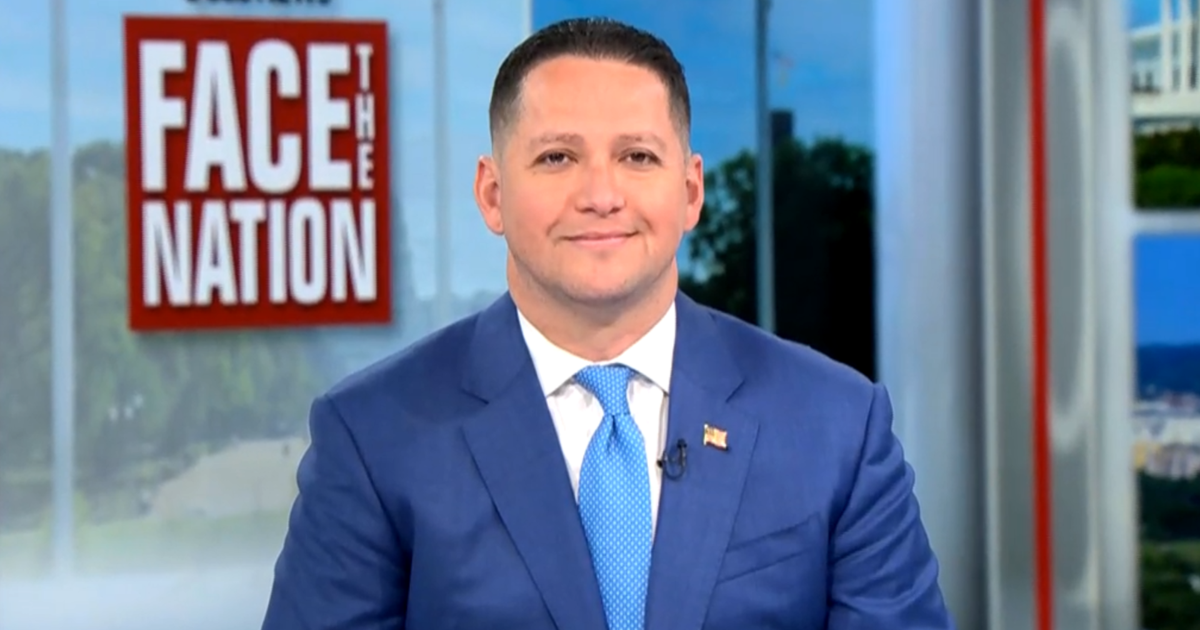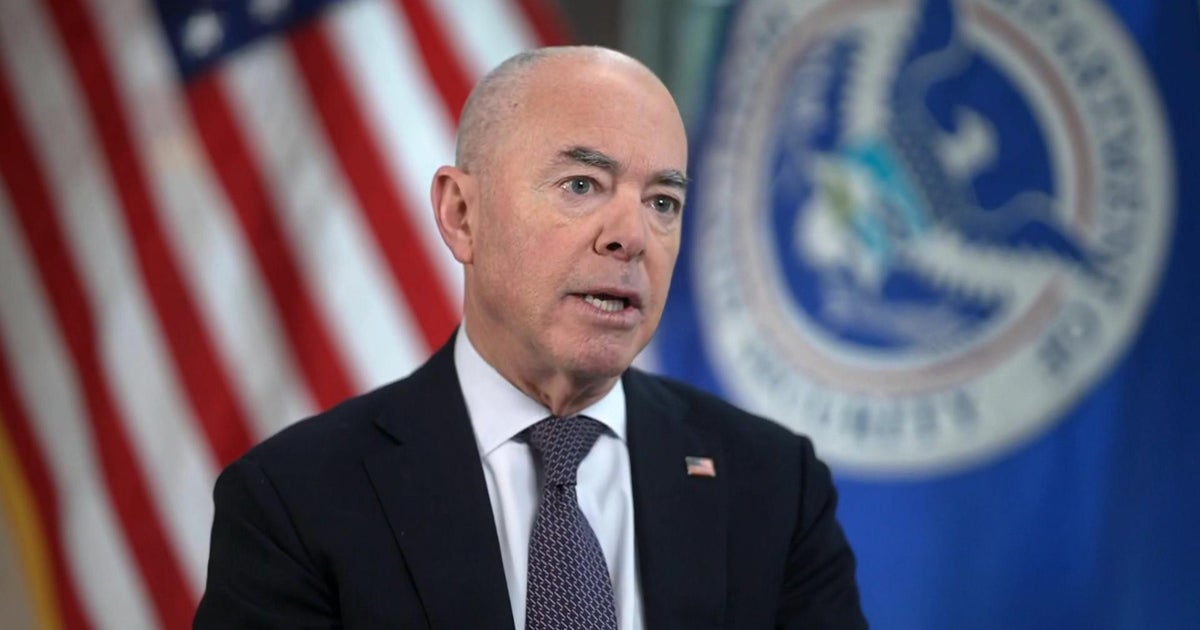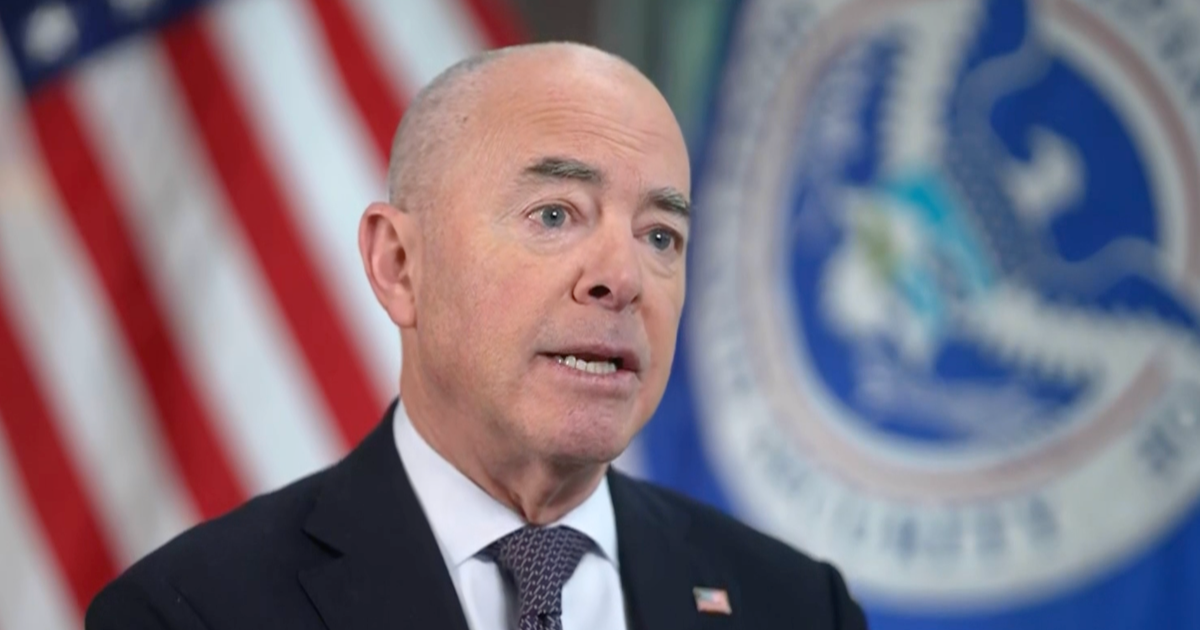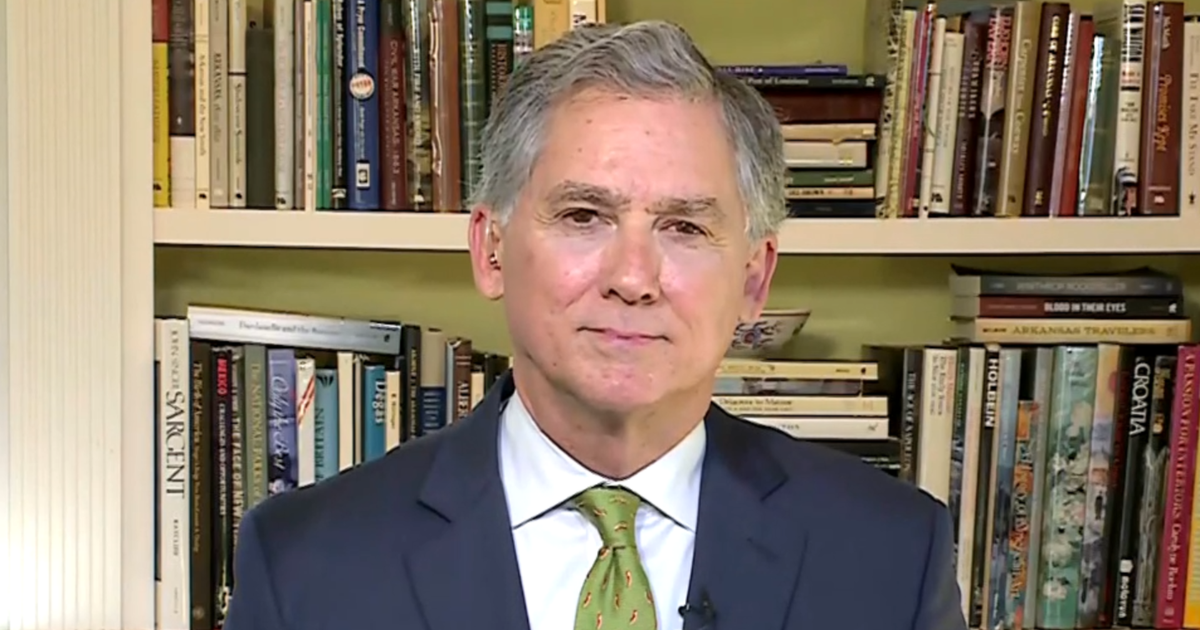Scott Gottlieb says he would "counsel against" Trump holding large rallies
Washington — As President Trump prepares to head back out on the campaign trail with his first rally since the coronavirus was rapidly spread across the country in March, Dr. Scott Gottlieb, who led the Food and Drug Administration until 2019, said he would advise Mr. Trump against holding political rallies that draw thousands of supporters.
"I would certainly counsel against it," Gottlieb said on "Face the Nation" when asked whether it is advisable for the president to have campaign rallies, especially in states experiencing an uptick in coronavirus cases. "If I was giving advice to the administration on this, I would say that they should withhold large political rallies right now. They also need to lead by example, and so encouraging people to social distance, encouraging people to wear masks — that's what we should be engaging in right now."
Gottlieb said setting an example by following federal guidelines put in place to limit the spread of the virus "is a powerful message to the individual people all across the country."
The coronavirus pandemic roiled the 2020 presidential campaign and forced Mr. Trump to put his signature rallies on hold in early March. The president's last event was in Charlotte on March 2, and he canceled other rallies planned in Colorado, Wisconsin and Nevada.
But with states easing restrictions and the country beginning to open, Mr. Trump is set to make a return to the campaign trail with a rally in Tulsa, Oklahoma, on June 20. The president was initially supposed to appear before supporters June 19, but he rescheduled the event after facing backlash for holding it on the day commemorating the end of slavery in the U.S., known as Juneteenth, and at the site of the single deadliest act of racial violence in U.S. history, the Greenwood Massacre.
In addition to stopping in Oklahoma, Mr. Trump said he also plans to have rallies in Arizona, Florida and North Carolina, which are experiencing an uptick in new coronavirus cases.
Gottlieb warned that large gatherings such as protests in response to the death of George Floyd last month and campaign rallies will lead to more coronavirus infections.
"That's in an indoor space. It's a confined space," he said of the political rallies. "And so we need to be mindful of this."
Gottlieb said there are restrictions organizers can put in place to reduce the risk of spreading the coronavirus, such as requiring attendees to wear masks.
"It's a shared responsibility, not just of the people attending those protests to try to wear masks and engage in good practices, but also the police tactics, which probably contributed to the spread, the spraying of tear gas, grouping people together," he said. "This is a shared responsibility to try to reduce the risk in these settings."
The Centers for Disease Control and Prevention recommends the wearing of cloth face coverings when in public, especially in places where there is significant community-based transmission, and Gottlieb said it's crucial to provide high-quality masks, such as N95 masks, to at least high-risk individuals.
He said that while states scrambled to ramp up their supply of N95 masks earlier in the pandemic, especially for hospital workers, states and the federal government are now stockpiling the masks.
"As the states fill their stockpiles and hospitals do, I think in three or four months we're going to be in a position to start providing these to consumers," Gottlieb said. "Right now, consumers can go out and get them. They're expensive. They're harder to get, but they're starting to become available in the commercial channel for consumers."



